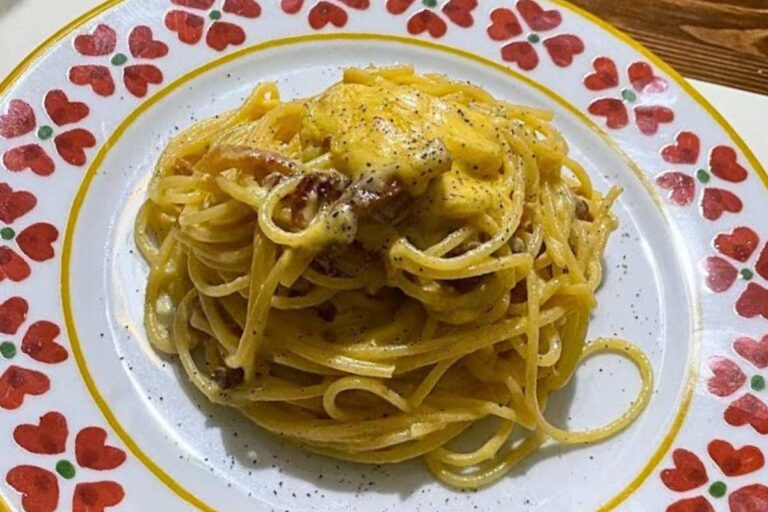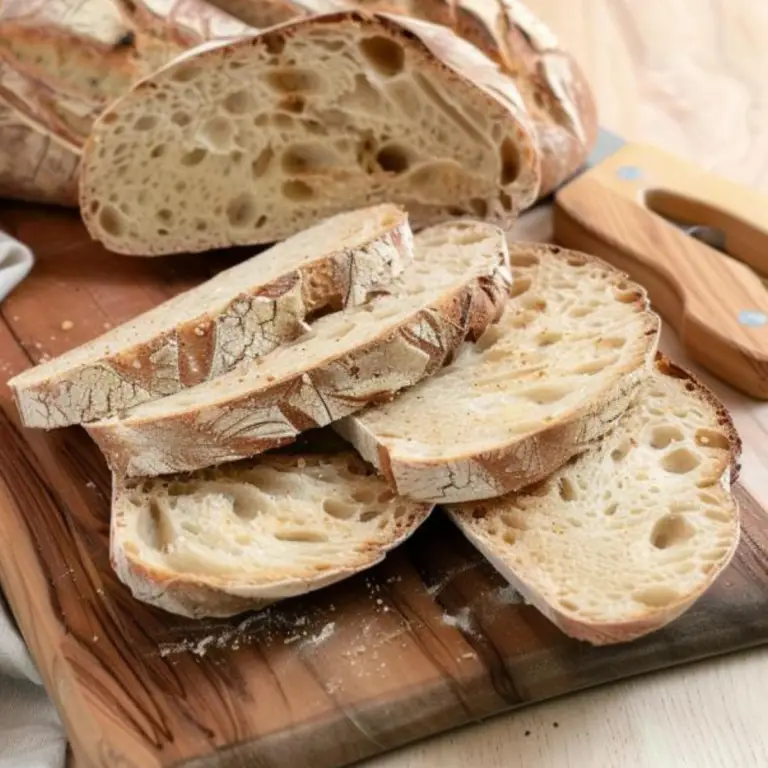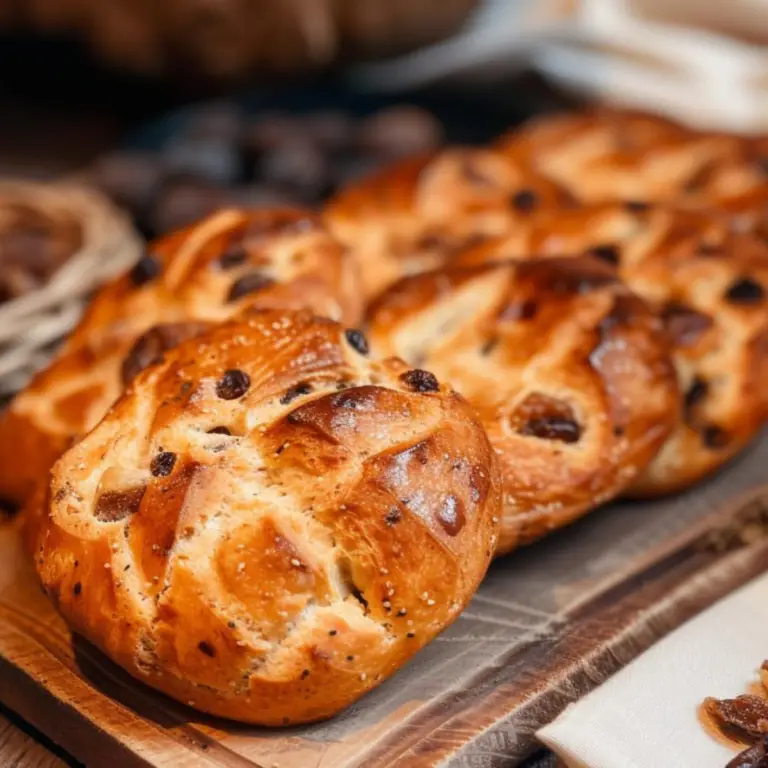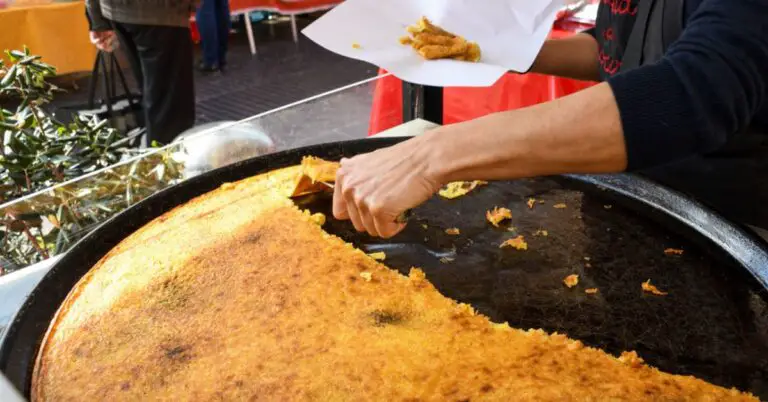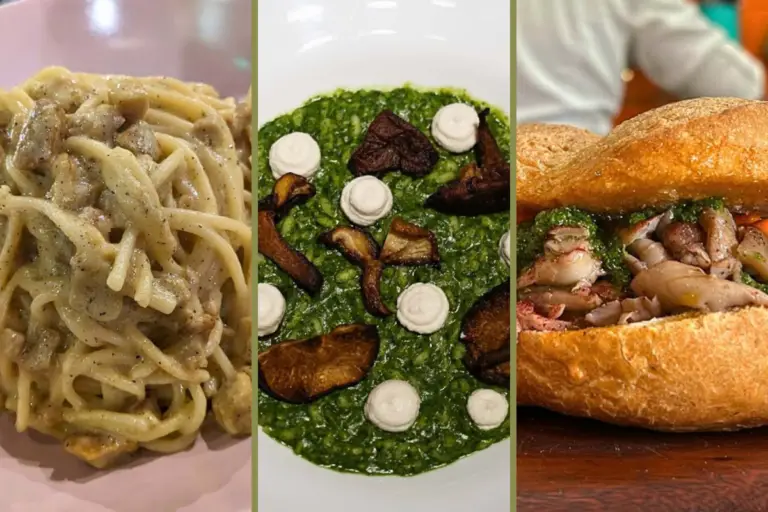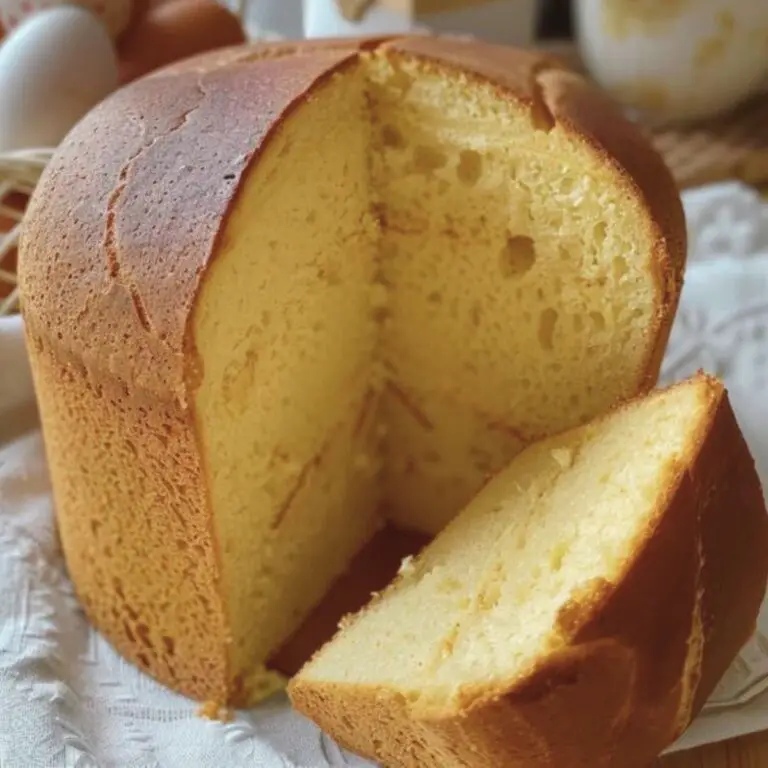Florence’s coffee culture is intertwined with its history, with historic cafes serving as hubs where Italian intellectuals of the 20th century convened for inspiration, discussion, and cultural debate. Artistic movements and literary magazines blossomed within the walls of these elegant establishments.
Some of these cafes still stand in the city and are now an essential stop for every coffee break. Why? Well, take a look at the photos below, and you’ll understand why!
8. Caffè Paszkowski Historic Café
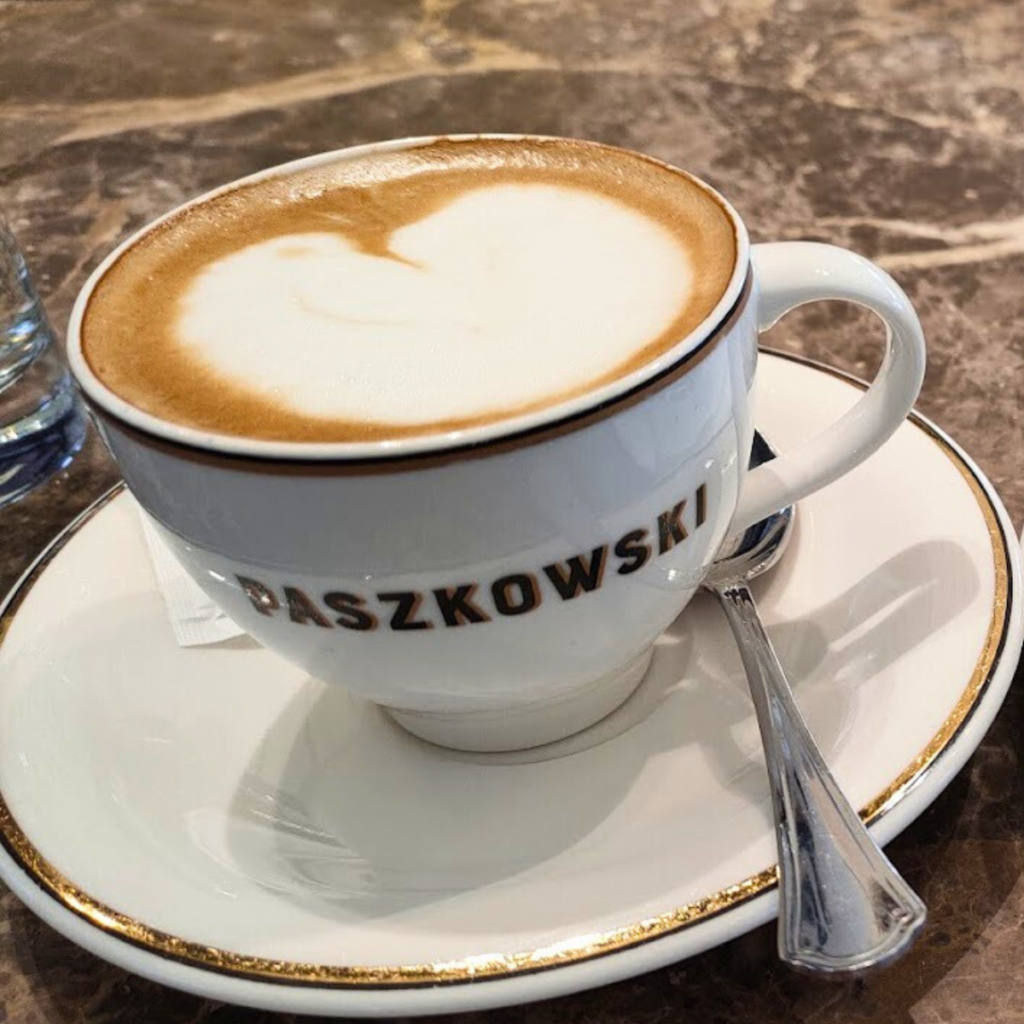
Located at Piazza della Repubblica, 31-35/r, Caffè Concerto Paszkowski is not just a place for a perfect cup of cappuccino, as seen in the photo, but a historical landmark in Florence. Since its transformation into a Viennese-style beer hall in 1904 by the Paszkowski family, it has been a favorite spot among the city’s intellectuals and artists.
The café played a significant role in the cultural scene of Florence in the early 20th century, hosting discussions and literary gatherings. After renovations in 1947, it continued to serve as a meeting place for thinkers and creatives. Declared a National Monument in 1991, Paszkowski preserves a rich heritage that blends coffee culture with historical significance.
7. Le Giubbe Rosse Historic Café
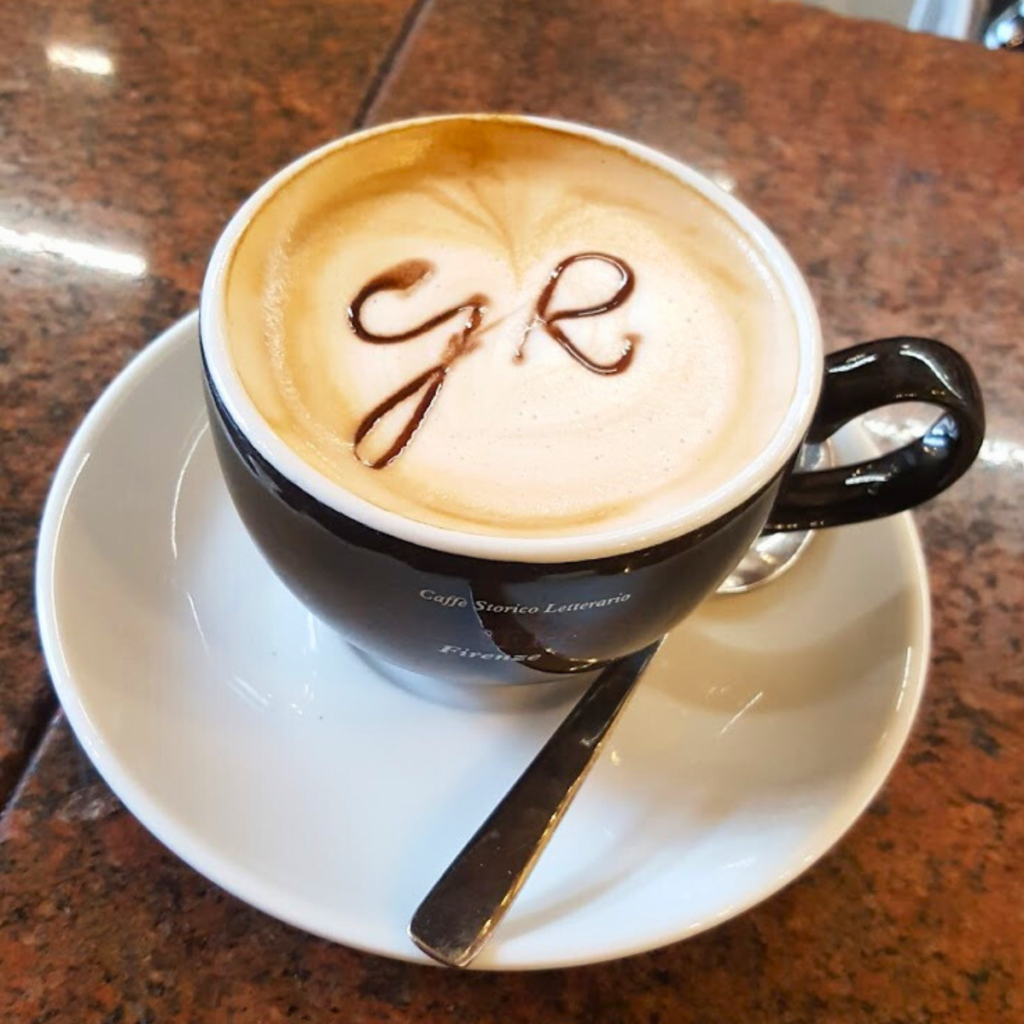
Le Giubbe Rosse café, located at Piazza della Repubblica 13-14/r in Florence, offers more than just beautifully crafted cappuccinos. Established in 1897 as “birreria Reininghaus,” it adopted its current name from the red uniforms of its waitstaff, inspired by Viennese fashion. This café became the epicenter of the Futurist movement, hosting lively debates and shaping Italian literary and artistic discourse.
Beyond its Futurist fame, Le Giubbe Rosse remained a cultural landmark through World War II, attracting prominent figures like Eugenio Montale and the poets of the Hermeticism movement. Today, it stands as a testament to its rich history, drawing both locals and tourists eager to immerse themselves in its bygone ambiance.
6. Bianchi Historic Café
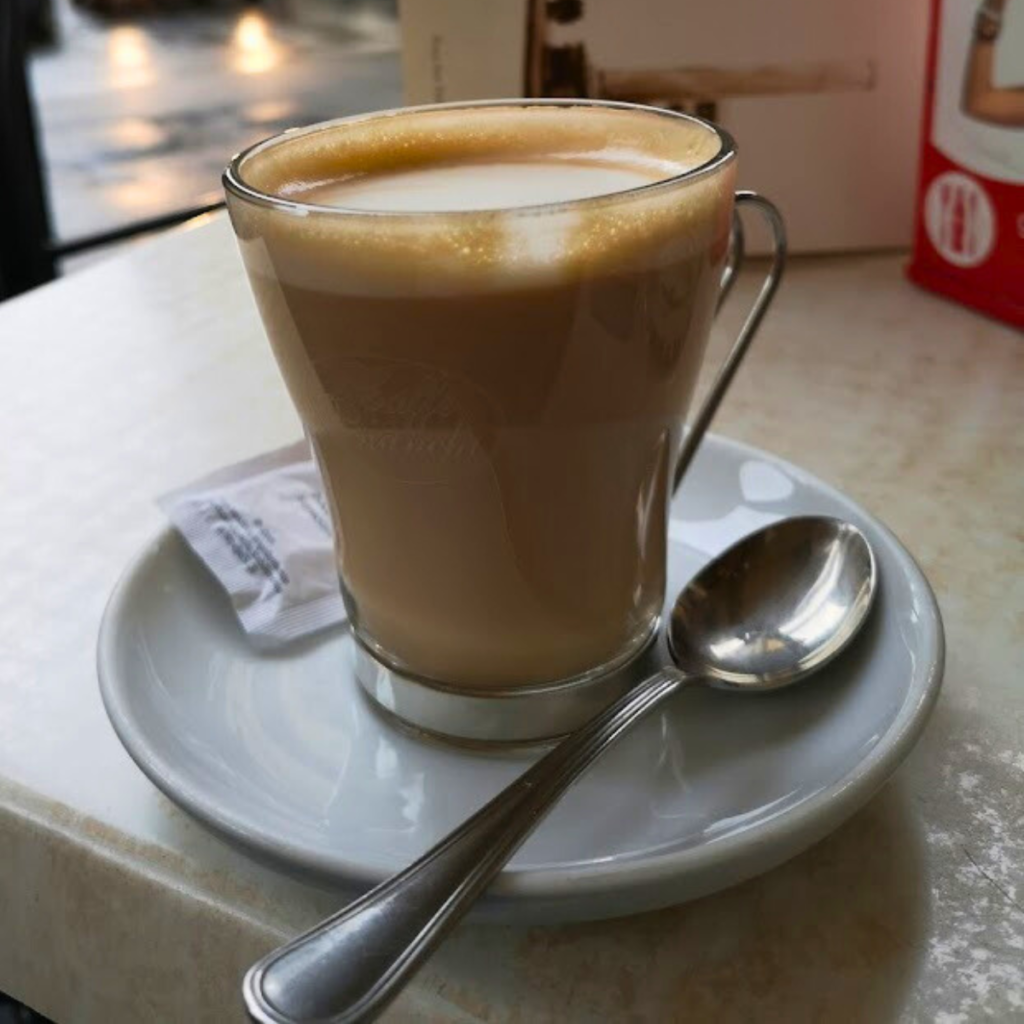
Step back in time at Caffè Bianchi, located at Piazza San Felice, 5/r. Established in 1920 by Pasquale Bianchi, this café is a staple for locals, as showcased in the photo capturing its warm, inviting coffee served in classic Italian style. It’s more than just a café; it’s a piece of living Florentine history.
Caffè Bianchi has been passed down through generations, preserving its historical charm. In 1929, Bruno Bianchi moved the shop just a short distance away, adding pastries and wines to the menu. Today, Jacopo Bianchi, Pasquale’s great-grandson, keeps the tradition alive, maintaining the original pink marble counter and ornate ironwork that echo the café’s rich cultural past.
5. Rivoire Historic Café
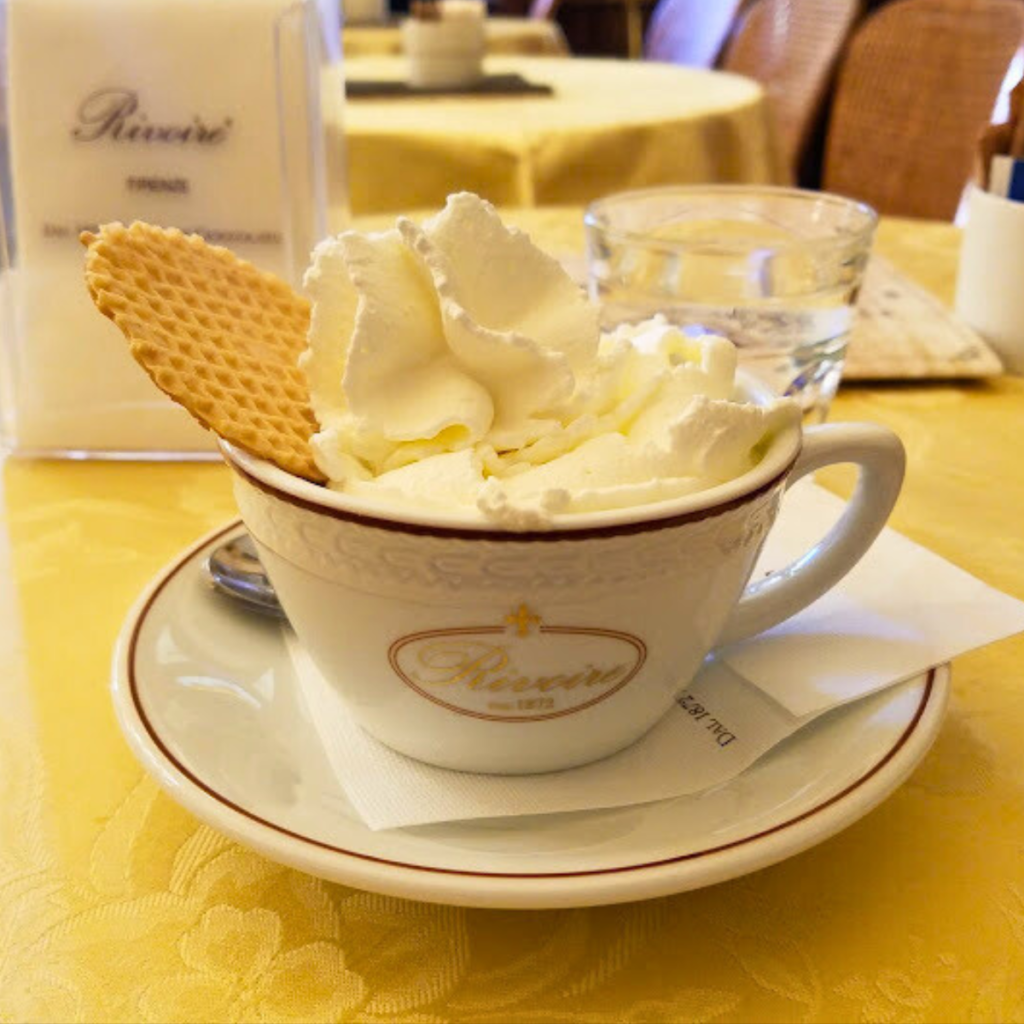
Rivoire, situated at Piazza della Signoria, 5/r, is not just a café but a historic chocolate haven in Florence. Pictured here is their renowned hot chocolate topped with whipped cream, a delicacy that continues the Savoyard tradition introduced by Enrico Rivoire in 1872. This luxurious treat is a favorite among both locals and tourists, crafted in a venue with a prime view of the Palazzo Vecchio.
Founded as a steam chocolate factory by Enrico Rivoire, a chocolatier to the royal family, Rivoire quickly became a Florence institution. Even after transitioning to the Bardelli brothers in 1977, it retains its artisanal charm with traditional methods of cocoa roasting and product packaging. The café’s interior echoes the early 20th century, offering a glimpse into Florence’s grand café culture through its decadent chocolate creations.
4. Robiglio Historic Café
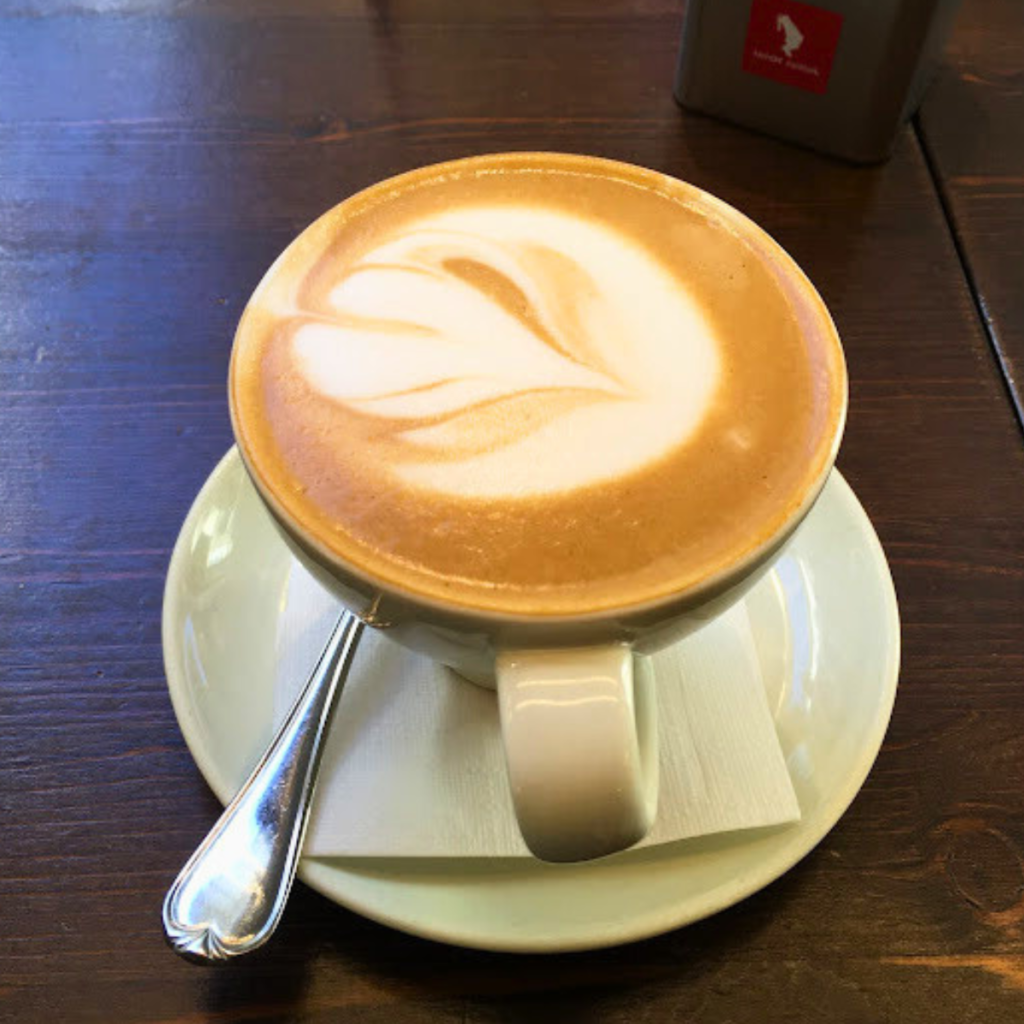
Robiglio at V.le Spartaco Lavagnini, 16R, offers a delightful mix of modern and traditional patisserie. The latte art in the photo captures the essence of their craftsmanship, inviting patrons to enjoy both the visual and gustatory pleasures. Founded in 1928 by Pietro Robiglio, this Florentine staple quickly gained a refined clientele with its artisanal approach to baking and pastry.
Despite modern updates, Robiglio remains true to its artisanal roots under the guidance of Edoardo, the founder’s grandson. Specialties like Torta Campagnola and Fruttodoro highlight their commitment to tradition. The café’s décor, partially rebuilt after the 1966 flood, mirrors the original, adding historical depth to the dining experience.
3. Gilli Historic Café
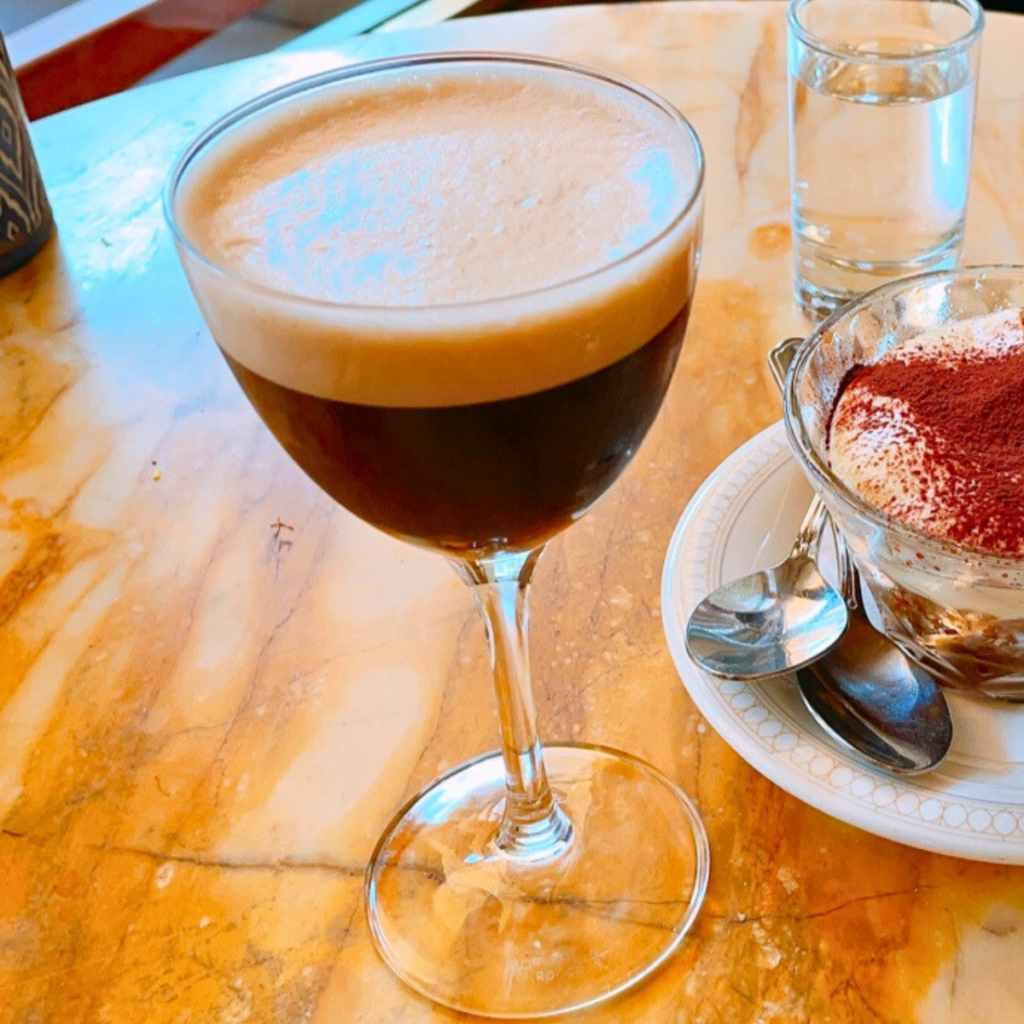
Caffè Gilli, situated at Piazza della Repubblica 36-39/r, stands as another iconic landmark overlooking the bustling square. Established in 1733 as “La Bottega Dei Pani Dolci” on Via Calzaiuoli by the Swiss Gilli family, it later moved to Via degli Speziali in the late 19th century.
By the 1920s, Gilli found its current home and became a renowned literary café frequented by artists and intellectuals, particularly those of the Futurist movement. Its preserved Belle-Époque interiors, including a main counter adorned with neo-classical bronzes and ceiling plafonds by Ezio Giovannozzi, offer a glimpse into Florence’s rich café culture.
2. Procacci Historic Café
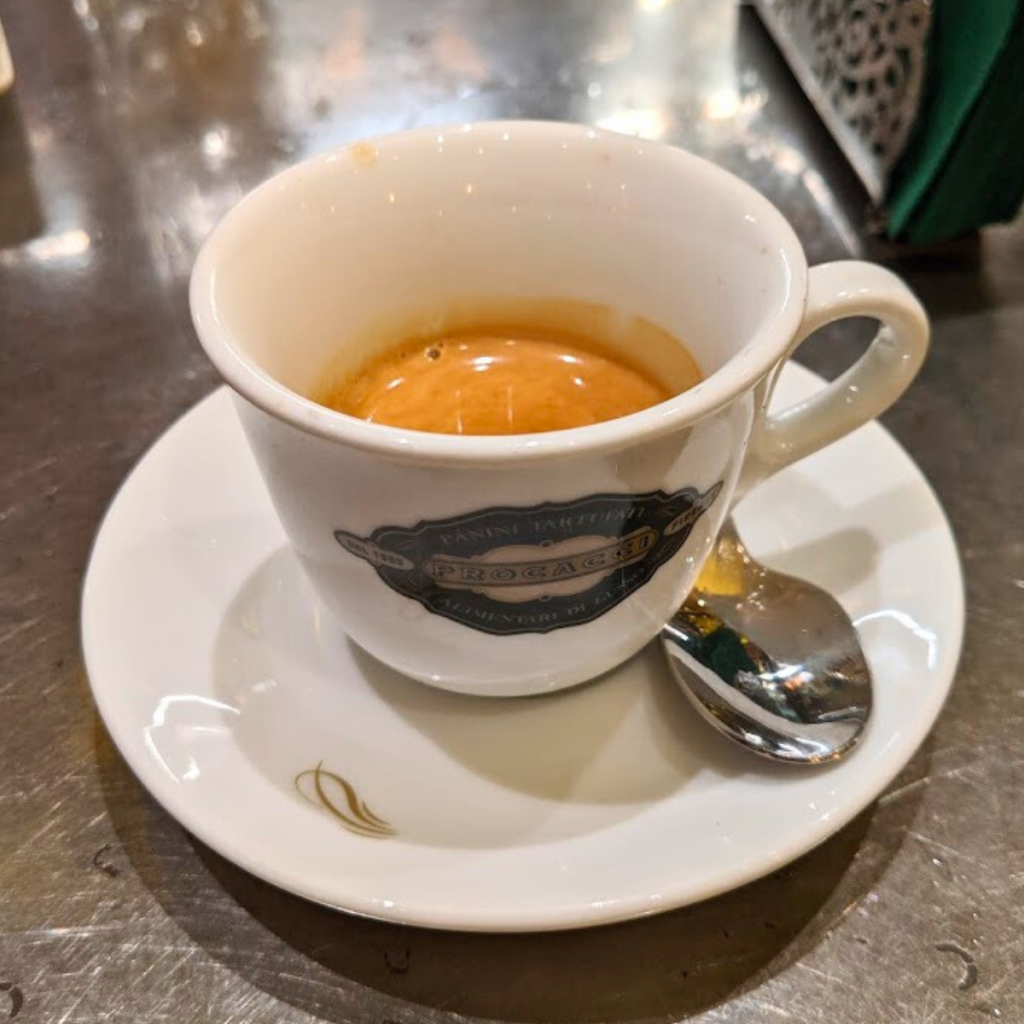
Procacci, nestled in the heart of Florence at Via de Tornabuoni 64/r, is renowned for its truffle sandwiches, a true Florentine institution. Established in 1885 by Leopoldo Procacci, this charming locale was honored with the Royal Emblem by King Vittorio Emanuele III in 1925.
While famous for its truffle delicacies, Procacci also boasts a rich coffee tradition, offering patrons a perfect pairing of gourmet sandwiches and aromatic espresso. The original Palladiana flooring, Liberty-style counter, and wood paneling date back to 1910, adding to its timeless allure. Since 1998, Procacci has been owned by the Marchesi Antinori family, continuing its legacy of culinary excellence and coffee culture.
1. Vivoli Historic Café
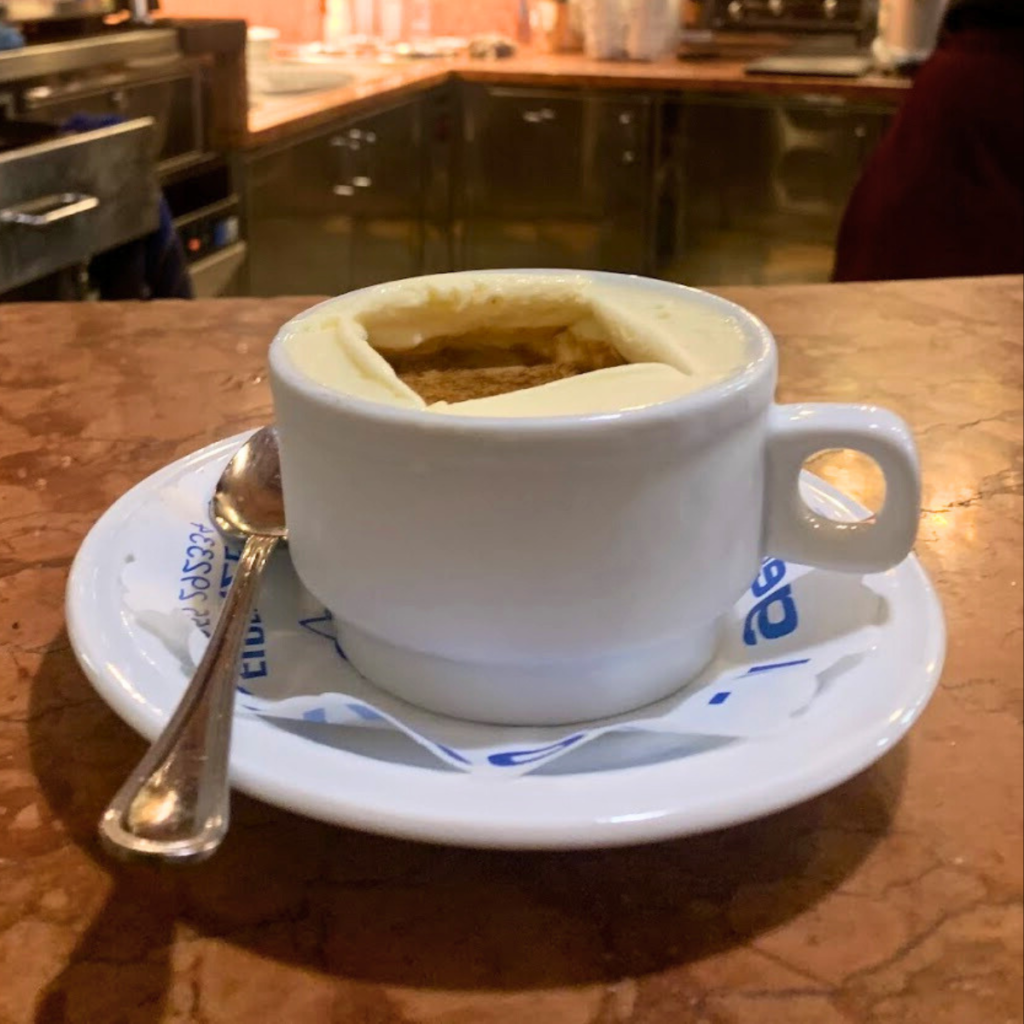
Vivoli Piero Il Gelato, situated at Via Isola delle Stinche 7/r, is not just a gelateria; it’s a cherished icon in Florence’s café culture. Since 1929, when Serafino Vivoli first opened its doors, this establishment has been a haven for locals seeking not only exceptional gelato but also a cozy spot to enjoy a cup of coffee.
Established in 1932 by brothers Serafino and Raffaello Vivoli, Vivoli Piero Il Gelato evolved from a dairy shop to a renowned gelato destination while maintaining its commitment to quality coffee. Today, it stands as a testament to Florence’s café tradition, inviting patrons to savor history with every scoop.

